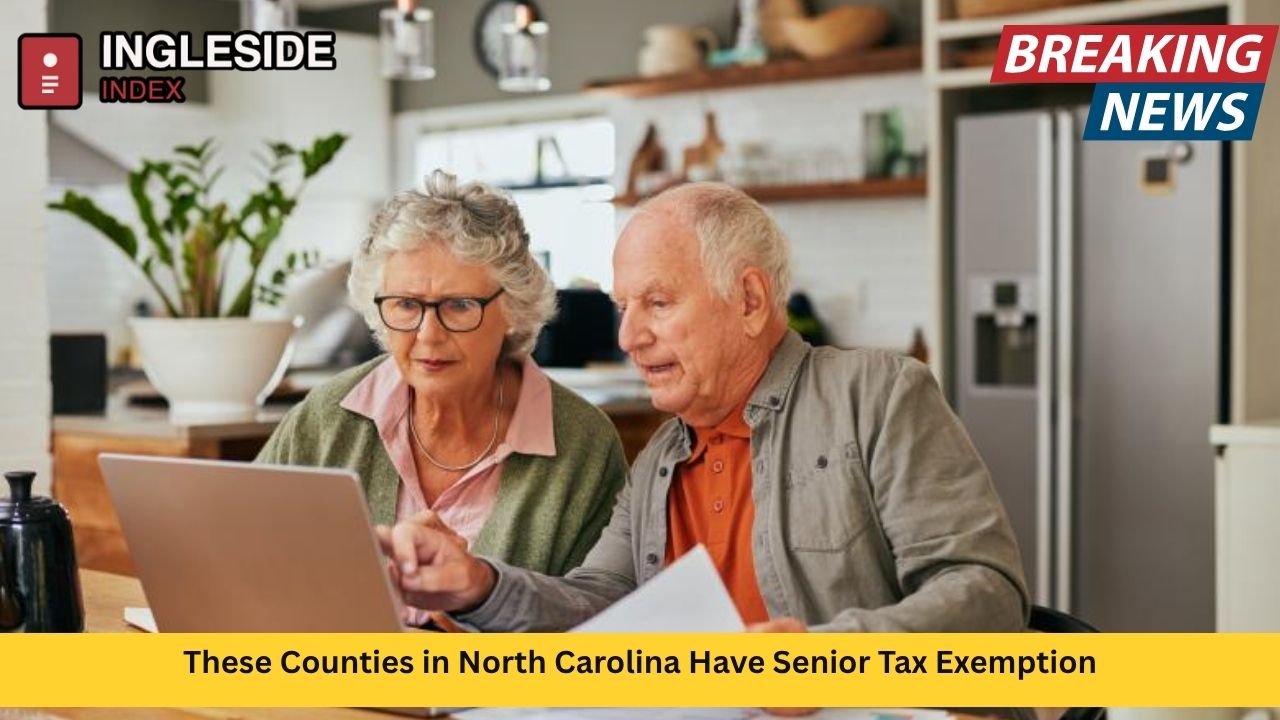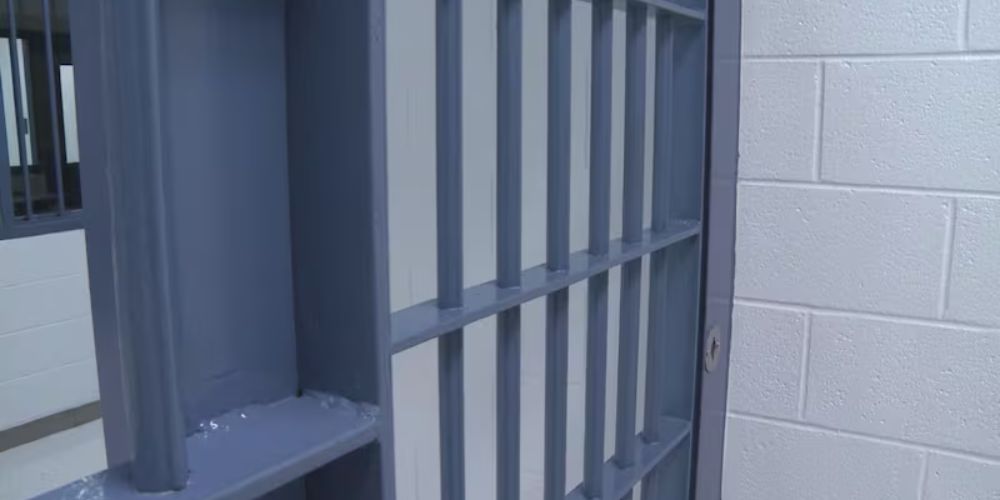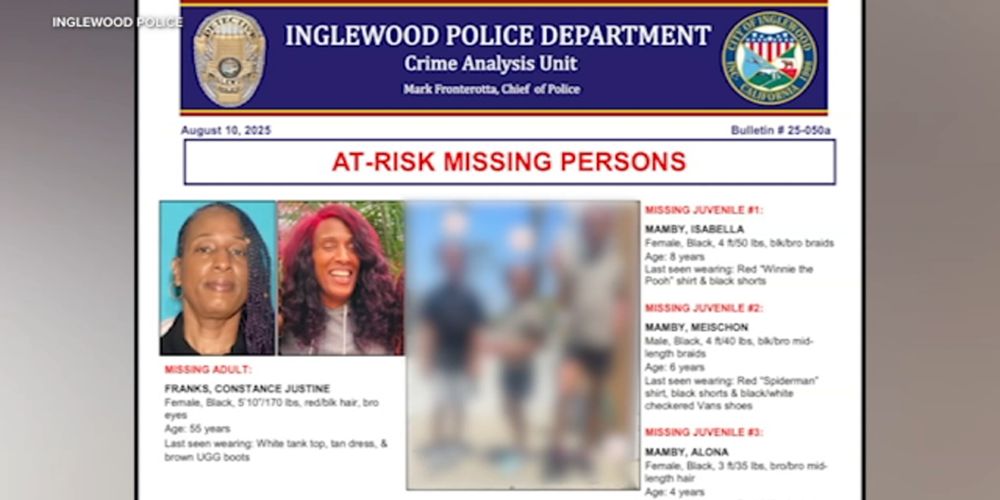Retirement should bring peace of mind, but property taxes can pose a significant challenge for seniors living on a fixed income. North Carolina addresses this concern through statewide property tax exemption programs for seniors and certain individuals with disabilities. These programs are vital in helping seniors across urban centers such as Charlotte, Raleigh, Greensboro, and rural communities in counties like Davie, Yadkin, and Bertie remain in their homes with less financial burden.
This comprehensive guide explores the details of North Carolina’s senior property tax exemption, the counties that offer these benefits, eligibility rules, the real-world impact on communities, and tips for making the most of these opportunities. Whether you live in bustling Mecklenburg County or serene Carteret County, understanding your options is key to protecting your financial future.
The Foundation of Senior Tax Exemption in North Carolina
North Carolina’s senior property tax exemption—officially called the “Elderly or Disabled Homestead Exclusion”—is governed by state law. Every county in the state implements this exemption, offering qualifying homeowners relief from a portion of their property taxes.
Key Features:
-
Applies to primary residences only (not investment or vacation properties)
-
Can exclude the greater of $25,000 or 50% of the appraised value of the home from taxation as of 2025
-
Available to homeowners aged 65 or older, or those who are totally and permanently disabled
-
Homeowners must meet set income guidelines, which adjust annually; for the 2025 tax year, the cap is set at $37,900 for total household income
-
Application deadline is typically June 1 of each year
With virtually all 100 North Carolina counties participating, this exemption touches urban centers and rural communities alike, including Wake County (Raleigh), Mecklenburg County (Charlotte), Guilford County (Greensboro), Forsyth County (Winston-Salem), and Nash County (Rocky Mount).
Spotlight: Major Counties Offering Senior Tax Exemption
Mecklenburg County (Charlotte)
As the state’s most populous county, Mecklenburg offers the senior exemption to thousands of residents each year. Homeowners in Charlotte and towns like Huntersville and Mint Hill benefit from significant tax savings, which can amount to several hundred or even thousands of dollars annually depending on their property’s assessed value.
Wake County (Raleigh)
In the heart of North Carolina’s Triangle area, Wake County ensures seniors in Raleigh, Cary, Apex, and Garner can remain financially secure in retirement. With a diverse housing stock, the benefit extends to retirees in midtown condominiums as well as traditional suburban neighborhoods.
Forsyth County (Winston-Salem)
Seniors in Winston-Salem, Kernersville, and Clemmons have access to the homestead exclusion, creating stability and fostering senior-friendly communities. Forsyth County proactively reaches out to eligible homeowners to ensure they do not miss out on tax relief.
Guilford County (Greensboro, High Point)
Greensboro and High Point, the primary cities in Guilford County, boast vibrant senior communities. Here, property tax savings through the homestead exclusion help seniors maintain homeownership or downsize into smaller residences without financial strain.
Buncombe County (Asheville)
Buncombe County, with its mountain vistas and the thriving city of Asheville, attracts retirees from across the nation. The senior tax exemption allows residents to age in place, preserving the unique culture and intergenerational connection of the region.
Rural and Smaller Counties with Senior Exemptions
It is not only the big cities—every North Carolina county, from Carteret on the Crystal Coast to rural Bertie in the northeast, offers this tax exemption:
-
Yadkin County: Provides relief for seniors in communities such as Yadkinville who have deep local roots but modest incomes.
-
Davidson County: Extends benefits to retirees in Lexington and Thomasville, where many seniors live on fixed pensions.
-
Lincoln County: Seniors in Lincolnton and surrounding towns are eligible for the exemption, helping to preserve generational homes.
-
Nash County: Residents in Nashville, Rocky Mount, and Bailey can apply, reflecting the county’s commitment to serving its aging population.
Other counties from Alamance to Wilson and from the mountains to the coast follow the same guidelines, making this program an invaluable resource statewide.
Qualification Criteria: Who is Eligible?
While the exemption is available statewide, homeowners must meet three main criteria:
1. Age or Disability Status
-
Must be 65 years or older, or
-
Totally and permanently disabled (with medical certification)
2. Income
-
Combined household income must not exceed $37,900 for the 2025 tax year
-
Income includes wages, Social Security, pensions, annuities, investment earnings, and rental or business income
3. Residency and Ownership
-
Must own and occupy the home as a primary residence as of January 1
-
Must be a legal resident of North Carolina
If two or more individuals jointly own a home, each must separately apply, and the benefit may be prorated depending on percent ownership.
Applying for the Senior Tax Exemption
The exemption is not automatic. Each county’s tax office handles applications, which are typically due by June 1. Here is how the process works in practice:
Application Steps:
-
Obtain the application form (AV-9) from your county tax office or website
-
Provide proof of age (e.g., driver’s license or birth certificate) or certification of disability
-
Submit income documentation for all owners (tax returns, Social Security statements, 1099 forms, etc.)
-
File completed applications with your local county tax assessor’s office by the deadline
Counties such as New Hanover (Wilmington), Cumberland (Fayetteville), and Dare (Outer Banks communities) offer online application portals, making the process efficient and accessible.
The Circuit Breaker Program: Extra Help for Low-Income Seniors
In addition to the basic homestead exclusion, North Carolina offers a “Circuit Breaker” tax deferral program for very low-income seniors and those with disabilities. This option places a cap on the annual property tax owed as a percentage of income; taxes above that cap are deferred until a disqualifying event, such as the sale of the property.
-
Available in counties like Wake, Mecklenburg, and Buncombe
-
Requires residence in the home for at least five years
-
Income limits for 2025 are typically higher than the basic exclusion
This program offers enhanced protection for the most financially vulnerable elderly homeowners.
Impact on Seniors and Communities
Making Housing More Affordable
By reducing property taxes, North Carolina’s senior exemption keeps homeownership affordable even as home values rise, particularly in desirable areas such as Asheville, Chapel Hill, and Wilmington. This is crucial as housing costs have increased sharply across cities like Raleigh and Charlotte in recent years.
Allowing Aging in Place
The exemption directly supports seniors’ ability to age in place—remaining in their homes and communities instead of relocating to unfamiliar or less desirable locations. This maintains community ties and reduces the strain on assisted living facilities.
Supporting Rural and Urban Residents Alike
From the mountainous counties of Macon and Watauga to rural plains in Sampson and Robeson, the property tax exemption provides equitable relief. Urban counties with high property values, such as Durham and Orange, often see the largest dollar-value exemptions per household.
Frequently Asked Questions
Is the exemption permanent, or do I need to reapply every year?
Most counties require a one-time application, but homeowners must report any changes in income, disability status, or property ownership. The county may periodically request updated income documentation.
Does this exemption affect other forms of state or federal benefits?
No, the property tax exclusion is independent of other benefits like Social Security or state health programs.
Can I use multiple property tax relief programs?
No, homeowners may only claim one property tax relief program per household per year: either the Elderly/Disabled Exclusion, the Circuit Breaker, or the Disabled Veterans Exclusion (which has separate rules and benefits).
Real-World Examples Across North Carolina
-
In Durham, a retired couple living on Social Security and a modest pension saw a 45% reduction in their annual property taxes, freeing up funds for healthcare and groceries.
-
In Gaston County, a former textile worker legally blind from diabetes qualified for the homestead exclusion, allowing him to remain in his family’s Belmont home despite rising values.
-
In Carteret County, oceanfront retirees benefit from the exemption, which can mean thousands in property tax savings as coastal properties appreciate rapidly.
The Economic and Social Benefits for Counties
Counties receive a partial loss of property tax revenue, but the benefits to stability and community far outweigh the cost. By enabling seniors to remain homeowners, North Carolina enhances neighborhood cohesion and reduces demand for publicly subsidized housing.
Additionally, the state formula by which counties are reimbursed for lost revenue helps prevent budgetary strain for services such as public safety, libraries, and recreation—a win-win solution.
Key Cities and How the Program Works for Their Seniors
| County | Major City | Special Considerations |
|---|---|---|
| Mecklenburg | Charlotte | Highest number of annual applicants in state |
| Wake | Raleigh | Online applications and bilingual support |
| Buncombe | Asheville | Large senior in-migration; high savings potential |
| Forsyth | Winston-Salem | Strong outreach to disabled homeowners |
| Cumberland | Fayetteville | Also serves large veteran population |
| New Hanover | Wilmington | Coastal property surge supported by exemption |
| Guilford | Greensboro | Significant tenant-to-owner transitions |
| Yadkin | Yadkinville | Deep generational ties, high home retention |
| Bertie | Windsor | Rural poverty; program vital for economic stability |
Navigating Changing Laws and Future Updates
In 2025, the exclusion level rose, with the law now stating seniors or disabled homeowners can exclude the greater of $25,000 or 50% of appraised property value. Income requirements adjust annually—potential applicants should check their county website each January for updated thresholds.
Given North Carolina’s rapidly changing real estate landscape, local governments routinely review their outreach strategies, ensuring mailers, workshops, and digital campaigns encourage eligible seniors to apply.
How to Get Started
If you or a loved one might qualify:
-
Contact your local county tax assessor—websites for counties like Johnston, Nash, and Lincoln provide forms and detailed instructions.
-
Gather proof of age or disability—keep a valid ID, birth certificate, or disability paperwork ready.
-
Compile recent income documentation—tax returns, Social Security statements, and any retirement income.
-
File by June 1 to ensure you receive benefits for the current tax year.
-
Stay vigilant about annual updates—income limits and exclusion amounts can change each year.
The tax office staff in counties such as Mecklenburg, Wake, Buncombe, Forsyth, Nash, and beyond are trained to guide residents through the process.
Conclusion: A Pillar of Senior Security in North Carolina
Counties across North Carolina recognize that property tax relief is not just a benefit—it’s essential for maintaining independence, dignity, and quality of life for senior residents. With robust homestead exemptions and circuit breaker programs, urban enclaves and rural communities alike ensure that seniors can stay in the homes they worked so hard to build.
Whether you call Charlotte, Raleigh, Boone, or Elizabeth City home, the senior property tax exemption stands as an enduring promise from North Carolina’s communities to their elders: you belong here, and we’re committed to securing your future.











Leave a Comment